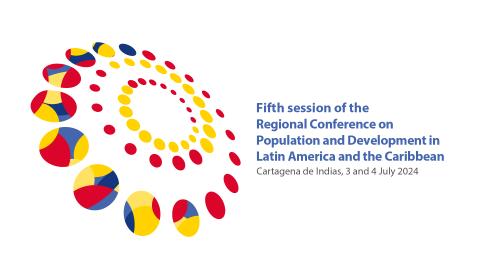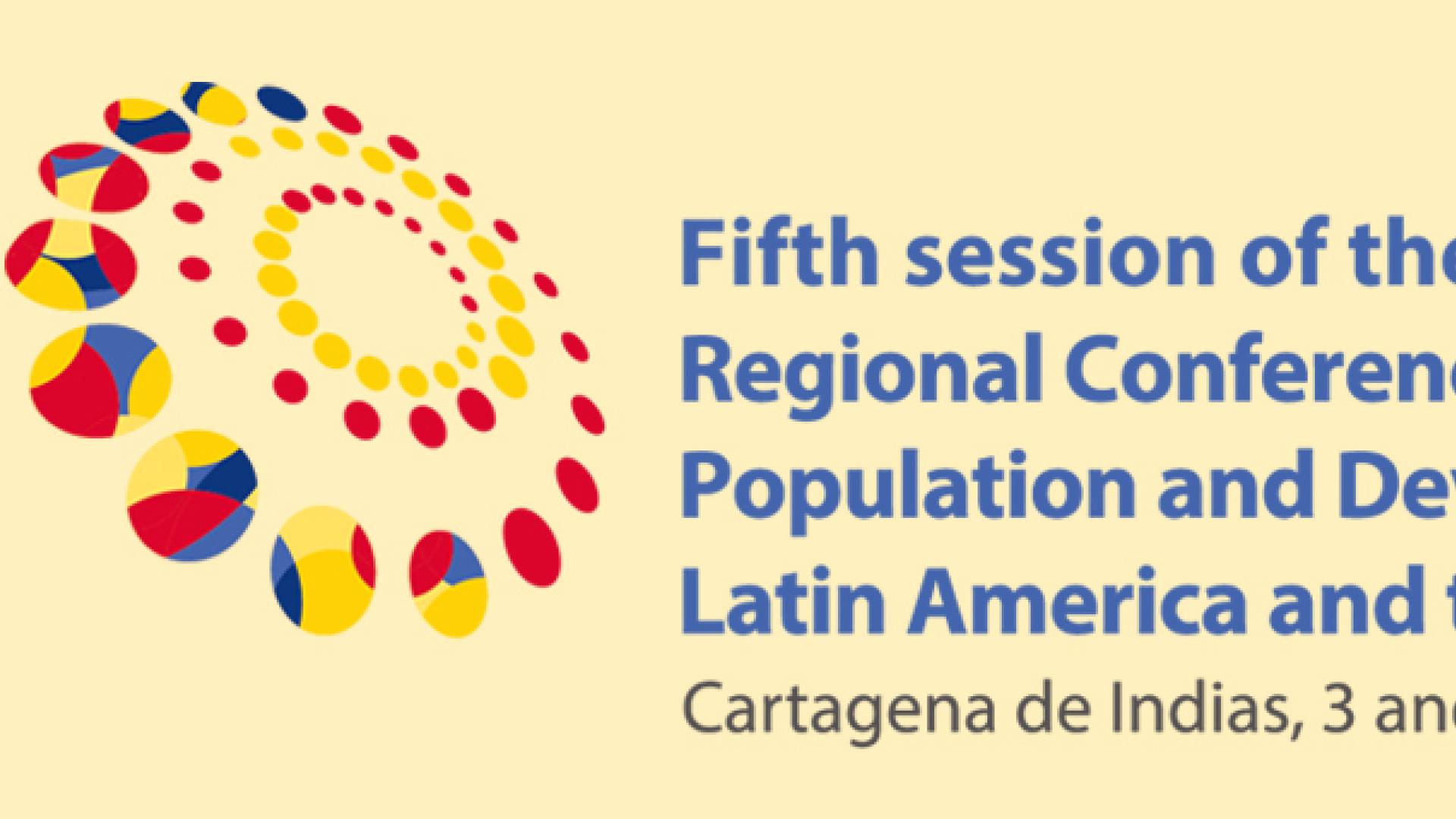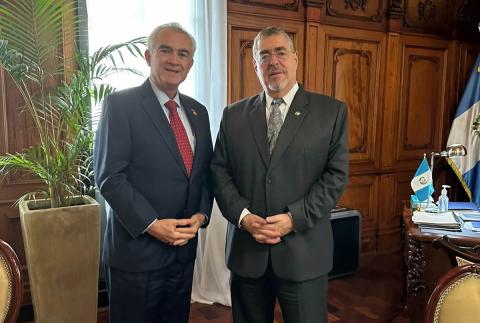Announcement
Regional Technical Workshop on African Descent and Rurality
According to recent census data from 16 countries, it is estimated that in 2015 there were 133 million people of African descent in Latin America, representing approximately 24% of the region's total population. In turn, the Afro-descendant population living in the rural areas of Latin America is estimated at 27 million people (Freire et al., 2018). Another relevant fact is that, in the last thirty years, approximately 8 million hectares of Afro-descendant collective territories have been titled, with the majority in forest areas, including 5 million in Colombia, 2 million in Brazil and 1 million across Ecuador, Honduras and Nicaragua (Rapoport Center, 2009; Herrera Arango, 2017; RRI, 2020).
The Afro-descendant population in Latin America also faces food insecurity with the percentage of their households being classified as ´food insecure´ amounting to 40.2% in Brazil, 14.9% in Colombia, 31% in Ecuador and 24.7% in Peru. This and other situations of vulnerability of Afro-descendant communities as well as the increasing recognition that their ancestral knowledge systems and sustainable coexistence with ecosystems have been, to a large extent, the main tools for the consolidation of collective territories, self-development and recognition of their rights as ethnically differentiated communities, constitute the basis for promoting and making visible an Afro-descendant agenda with special interest in rural areas of the region.
This Initiative takes place in the context of the Permanent Forum of People of African Descent, the Buenos Aires Declaration of CELAC (January 2023), the United Nations International Decade for People of African Descent (2015-2024) and the United Nations Decade for Family Farming and the 2030 Agenda.
Therefore, dialogue and collaboration between the state and Afro-descendant communities are key to achieving an effective and sustainable transformation of agri-food systems in the region where no one is left behind, as established by the Sustainable Development Goals (SDGs), Agenda 2030, emphasizing compliance with SDG 1 – End poverty, SDG 2 – Zero hunger and SDG 10 – Reduction of Inequalities.
In this context, it is necessary to promote a space for regional dialogue that addresses the inequalities and inequities faced by Afro-descendant communities in rural areas, promotes the exchange of knowledge and experiences between Governments, Afro-descendant communities, and the international community, to further identify spaces for collaboration and reach agreements on a common agenda.
Participating countries: Brazil, Bolivia, Chile, Colombia, Costa Rica, Ecuador, Guyana, Honduras, Panama, Peru, Suriname.
Practical information
Expected results:
1. The development of a Roadmap for collaboration between governments, Afro-descendant representative organizations, communities and social movements, universities, relevant UNS agencies and FAO.
2. The formation of a regional network of Afro-descendant authorities and strategic actors from the rural Latin America and the Caribbean.
Work Methodology:
The proposed methodology integrates plenary sessions and dialogue, group analysis and reflection, to allow for the dissemination of information, interaction and debate on the various topics to be discussed.



